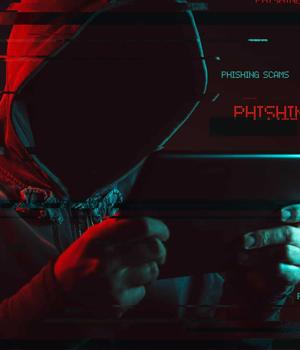Security News > 2020 > January > BitDam ATP protects LSH Auto UK from malicious and phishing email

BitDam, provider of cybersecurity solutions that protect enterprise communications from advanced threats hidden in files and links, announced that its BitDam Advanced Threat Protection solution is now installed at LSH Auto UK Ltd, part of the world's largest Mercedes-Benz Dealer Group, in an effort to cost-effectively enhance the company's email security posture.
PCM advised LSH to look at BitDam to help it to neutralize corporate risk as well as provide protection for customers who may be compromised as a result of phishing attacks.
During an initial pilot period, BitDam detected numerous attacks that bypassed LSH's current ATP tools.
"LSH is a leader in car sales in the UK and it follows that our company is innovative in other areas as well, including in its IT stance. Our customer experience is a top priority for us. When we realized that some phishing attempts might make their way past our in place protection, we knew we had to do more," said Norman McKeown, Director of IT, LSH. "Our experience with BitDam has been seamless. The solution is easy to use, is exceeding expectations and delivering more than the expected ROI, which made it an easy choice. We look forward to an expanded engagement with BitDam, engaging with the company's OneDrive protection to complement our MS support."
"We like working with ambitious, young companies. That's LSH, which was looking for a cost-effective solution that could take its email security to a new level, ensuring that its customer information and privacy was never breached. Our best-of-breed, easy to implement solution for email security was a perfect fit," said Liron Barak, CEO of BitDam.
News URL
http://feedproxy.google.com/~r/HelpNetSecurity/~3/5TVKdnmsLGM/
Related news
- Beware: PayPal "New Address" feature abused to send phishing emails (source)
- Microsoft Warns of ClickFix Phishing Campaign Targeting Hospitality Sector via Fake Booking[.]com Emails (source)
- Coinbase phishing email tricks users with fake wallet migration (source)
- Why it's time for phishing prevention to move beyond email (source)
- New Morphing Meerkat Phishing Kit Mimics 114 Brands Using Victims’ DNS Email Records (source)
- PoisonSeed phishing campaign behind emails with wallet seed phrases (source)
- Phishing Campaigns Use Real-Time Checks to Validate Victim Emails Before Credential Theft (source)